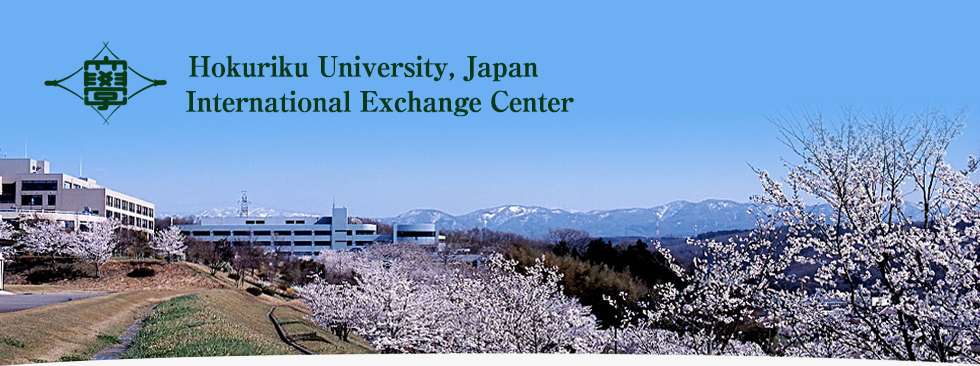- HOME
- Faculty of Pharmaceutical Sciences
Faculty of Pharmaceutical Sciences
The Faculty of Pharmaceutical Sciences was opened in 1975 with the guiding principle: "to love nature, to respect life and to seek the truth." Now the largest faculty of its kind in Japan, this school offers stimulating, practically based courses, training students who are able to work in a wide variety of professional and research fields. Graduates can work as hospital pharmacists, health pharmacy pharmacists, drug store pharmacists, home medical care pharmacists, wholesale drug pharmacists, medical representatives or drug developers. With over 8,700 alumni who are working in various medical and pharmaceutical organizations nationwide, we are constantly developing our curriculum to meet the constantly evolving needs of society as well as all students.
More information concerning the Faculty of Pharmaceutical Sciences can be found here (in Japanese).
Educational principles and goals:
- To foster professionalism, responsibility and logical
thinking in the laboratory and kindness and sympathy in everyday
life.
- To produce world-class pharmacists who have compassion and
awareness, as well as the skills and knowledge required to
contribute to medical welfare.
- To provide students with sound knowledge and skills in both
Western and Eastern medical fields.
- To provide a curriculum that fully prepares students to gain
the qualifications required to practise as a pharmacist in Japan.
Contributing to modern medicine through a fusion of Western and Chinese medicine
The university has always been an active proponent of combining Chinese and Western medicine. A sister school agreement was signed with the Beijing University of Chinese Medicine in 1986, and we have also established a Department of Chinese Medicine, where we employ full time teaching staff from China. The curriculum was revised in 2004 to include Alternative Medicine, the latest medical field to emerge in the 21st century. These new subjects help to create an even more fulfilling curriculum.
Establishment of student conferences in traditional medicine
The university makes use of its broad international network to establish study trips for Pharmaceutical Sciences students to China and Korea, the homes of Eastern medicine. By observing and experiencing the preparation of medicines and treatment in these countries, students can broaden their horizons and develop their skills to a world-class level.
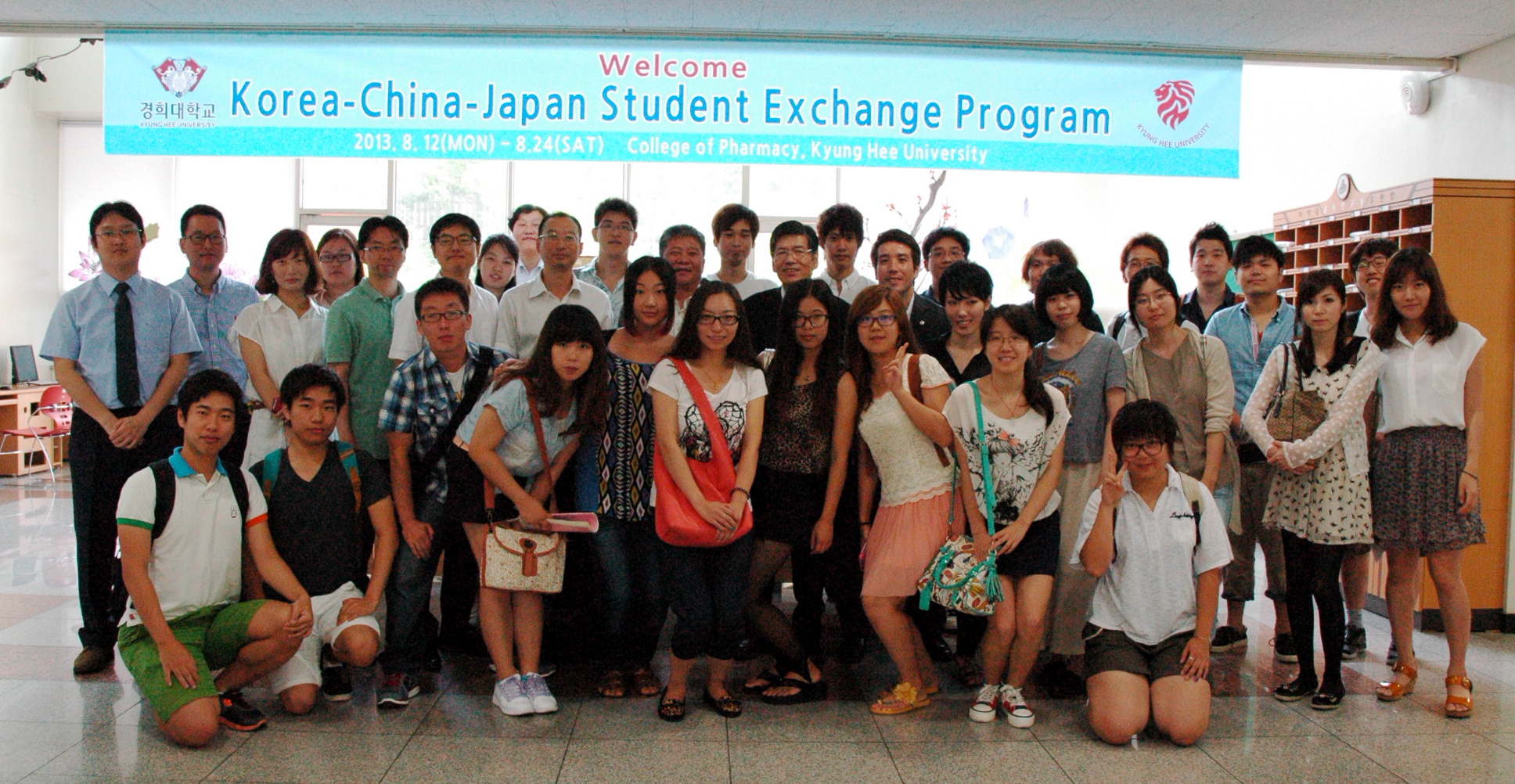
Students from Kyung Hee University (Korea), Shenyang Pharmaceutical University (China) and Hokuriku University (Japan) participate on the pharmaceutical sciences exchange program at Kyung Hee University
Industry Training
The national curriculum for pharmaceutical sciences in Japan changed from 4-years to a 6-year course in 2006 in order to enhance the practical training and clinical pharmacy aspects of the program. Even before this became standard, Hokuriku University set an example for other Japanese universities by making practical experience a compulsory course component in 1991. We continue to place a strong emphasis on work experience in hospitals and pharmacies. Pharmacists must have the communication skills to work as a team with not only the patient, but also doctors, nurses and other pharmacists. Practical experience gives students a taste of the workplace atmosphere, and allows them to prepare for their entry into the workforce.
Medical Training Room (MTR)
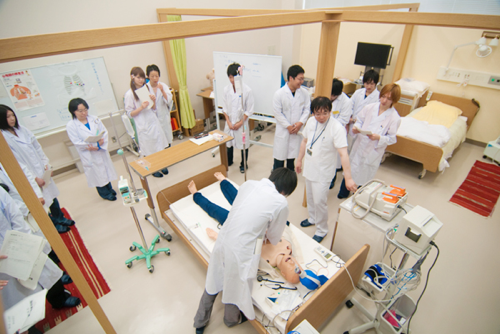
A medical training room was established within the experimental training laboratory in order for students to gain first hand knowledge and experience of working in a medical environment and how patients are treated under the guidance of professors experience both in the medical and pharmaceutical area.

Medicinal Botanical Garden and Specimen Room
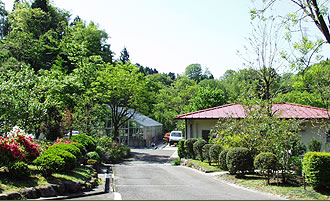
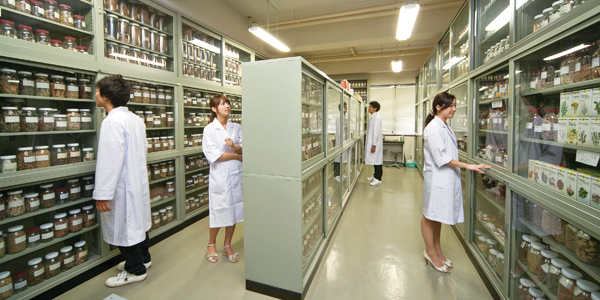
The university's specimen room contains approximately 2,000
species of medicinal plants collected from Japan, China and South-East
Asia. The university also has a 15,000 m2 botanical garden, one
of the largest owned by a pharmaceutical institution in Japan. It
has over 1,000 species of plants, which are used for teaching and
research at the university.
Curriculum / Graduation Requirements
Group Ⅰ Requisite Subjects: 15 Credits
5 credits General education subjects, 10 credits Pharmaceutical Preparation Subjects, Experimental subjects
Group II Requisite Subjects: 162.5 Credits
113 credits Specialised pharmaceutical education subjects, 44.5 credits Experimental subjects, 5 credits Advanced Educational Specialised course practicum subjects
Group I・II Elective Subjects: 12 Credits
8 credits General Education subjects, 4 credits Specialised pharmaceutical education subjects
Total: 189.5 Credits (minimum)
Careers and Employment
[Corporations]
Otsuka Pharmaceutical Co. Ltd., Kaken Pharmaceutical Co. Ltd., Torii Pharmaceutical Co. Ltd. etc
[Hospitals]
Kanazawa Medical University Hospital, Kanazawa University Hospital, Kanazawa Medical Centre etc
[Public Servants]
Ishikawa Prefecture, Fukui Prefecture, Kanazawa City etc
